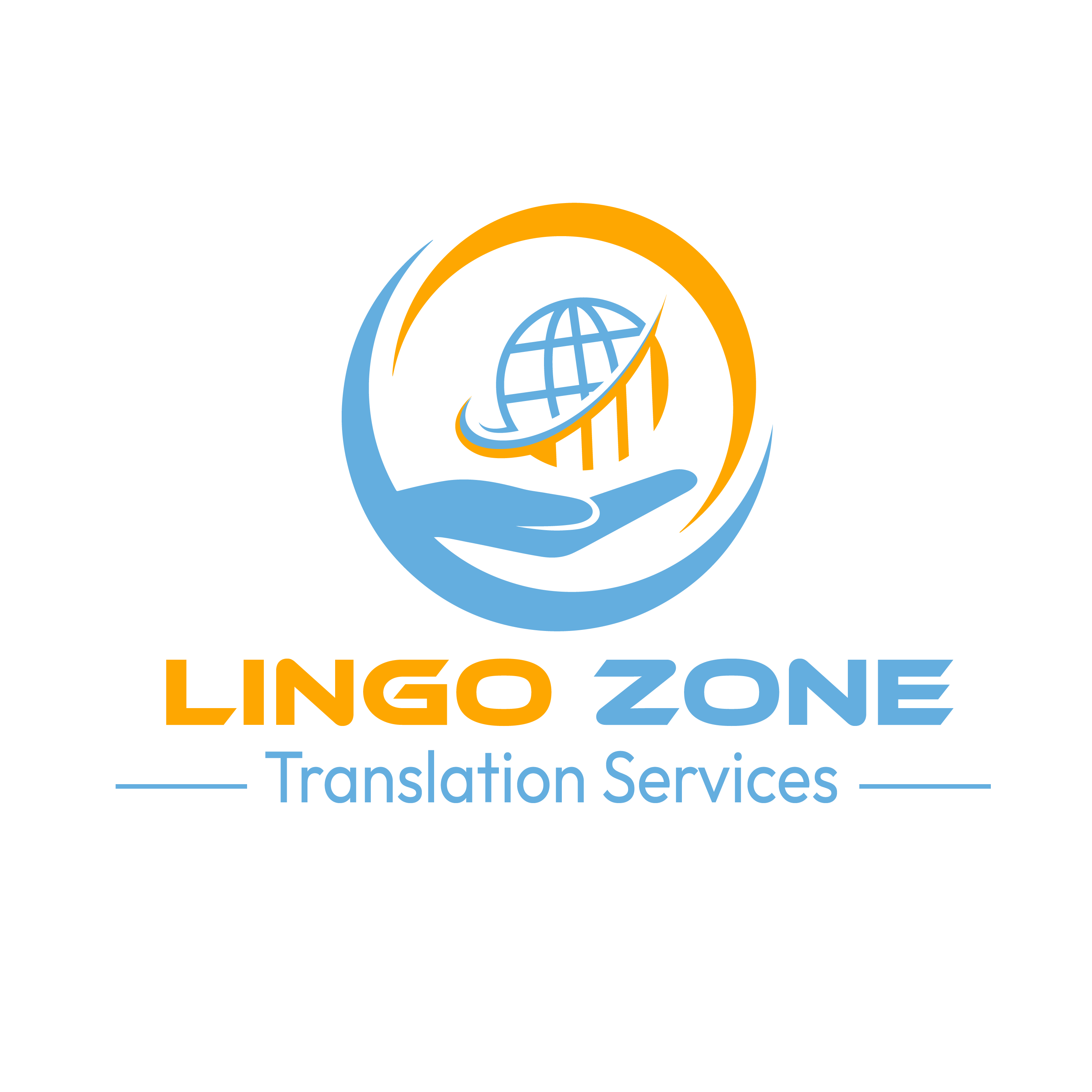
Translating from Arabic to English can often feel challenging. If you are a Professional Arabic Translator in Dubai and have tried to translate a text from Arabic to English, you might have encountered confusion at times. The two languages are quite different, making translation a bit tricky. In this article, we’ll discuss the main challenges of translating Arabic to English and how understanding these can make the task easier.
Understanding Translation
Translation is not just about swapping words between languages. It’s about capturing the original meaning and tone. When translating from Arabic to English, the challenge is to express an idea that is both clear and meaningful in English. Differences in grammar, vocabulary, culture, and context all play a role in making this process difficult.
Key Challenges in Arabic to English Translation
Grammar Differences
One of the most significant challenges is grammar. Arabic and English belong to different language families—Arabic is Semitic, and English is Germanic. This difference leads to several obstacles:
- Sentence Structure: In English, the typical sentence order is Subject-Verb-Object (e.g., “I eat apples”), while Arabic can vary between Verb-Subject-Object or Subject-Verb-Object. Therefore, a direct translation won’t always work.
- Types of Sentences: Arabic uses both verbal and nominal sentences. A sentence like “The sky is blue” in Arabic might not include a verb, but in English, a verb is always required.
- Gender: Arabic nouns are gendered (e.g., “friend” can be masculine or feminine), while English is typically gender-neutral. This makes translation tricky when translating words with gendered distinctions.
Vocabulary and Expressions
As a professional arabic translator in Dubai, you must know that Arabic has a rich vocabulary with many words that have different meanings depending on the context. Choosing the right word can sometimes be difficult for translators.
- Multiple Meanings: For example, the Arabic word “سَلام” (salam) means peace, hello, and goodbye. The translator must determine the correct meaning based on the context.
- Idiomatic Expressions: Idioms can be particularly tricky. An English idiom like “kick the bucket” means “to die,” but if translated literally into Arabic, it would be confusing. A good translator knows how to find equivalent expressions in the target language.
Cultural Context
A Professional Translation Service Provider in Dubai perfectly knows that Language in UAE is deeply influenced by culture. Since Arabic and English come from different cultural backgrounds, direct translations may not always work.
- Cultural References: Certain phrases or references may not make sense across cultures. For instance, mentioning “Scheherazade” may resonate differently in Arab culture compared to English-speaking cultures.
- Religious Nuances: In Arabic-speaking countries, phrases like “Insha’Allah” (God willing) carry religious significance. Simply translating this into English might not capture its full meaning.
Dialects and Variants
Arabic has many dialects, and each region might use a different version of Arabic. This can create confusion when translating, as the translator must be familiar with the specific dialect used.
- Regional Differences: Someone from Egypt might use a different phrase compared to someone from Morocco, even if they mean the same thing. Online translation tools often struggle to capture these differences accurately, especially for non-standard dialects.
The Need for Expert Translators
Given the challenges mentioned above, having a skilled and professional Arabic translator is very important. Professional translators in UAE are fluent in both languages and deeply understand the cultures behind them. Here are some qualities of a good translator:
- Cultural Knowledge: A good translator is not just fluent in the languages but also understands the cultural context and subtleties.
- Attention to Detail: Translators need to be precise. A small mistake in translation can change the meaning entirely.
- Creativity: Sometimes, translating requires creativity. Finding the right words to match the original feeling can take some out-of-the-box thinking.
Overcoming Translation Challenges
While Arabic-to-English translation can be challenging, there are ways to make it easier:
- Read Widely: Translators should read widely in both Arabic and English to better understand both languages.
- Practice with Native Speakers: Engaging with native speakers can clarify idiomatic expressions and nuances that may not be found in textbooks.
- Contextual Learning: Translating materials rich in context can help convey deeper cultural meanings.
- Take Your Time: Translation requires patience. Rushing through it might miss important details.
- Use Technology Wisely: While tools like Google Translate can help, they should never replace a human translator. Always double-check translations for accuracy.
The Role of Legal Translation Services in Dubai/UAE
For businesses in Dubai, you definitely require certified legal translation services in Dubai. Legal documents, whether contracts, agreements, or other official papers, need accurate translations to avoid any misunderstanding. Specialized translation services in Dubai can ensure that legal terms and concepts are properly conveyed.
Conclusion: The Path to Better Translation
In conclusion, translating from Arabic to English is a complex task, filled with linguistic, cultural, and contextual challenges. By understanding these challenges and seeking professional help when needed, the process can become much more manageable. Skilled translators, especially those specializing in legal translation services in UAE, bridge the gap between languages and cultures, ensuring communication is clear and meaningful.
The road ahead may be difficult, but with practice, patience, and the right help, Arabic-to-English translation can become just another step in the journey of understanding and connection. Whether you’re a translator or in need of legal translation services in Dubai for a specific project, appreciating the nuances of both languages is key to success.



